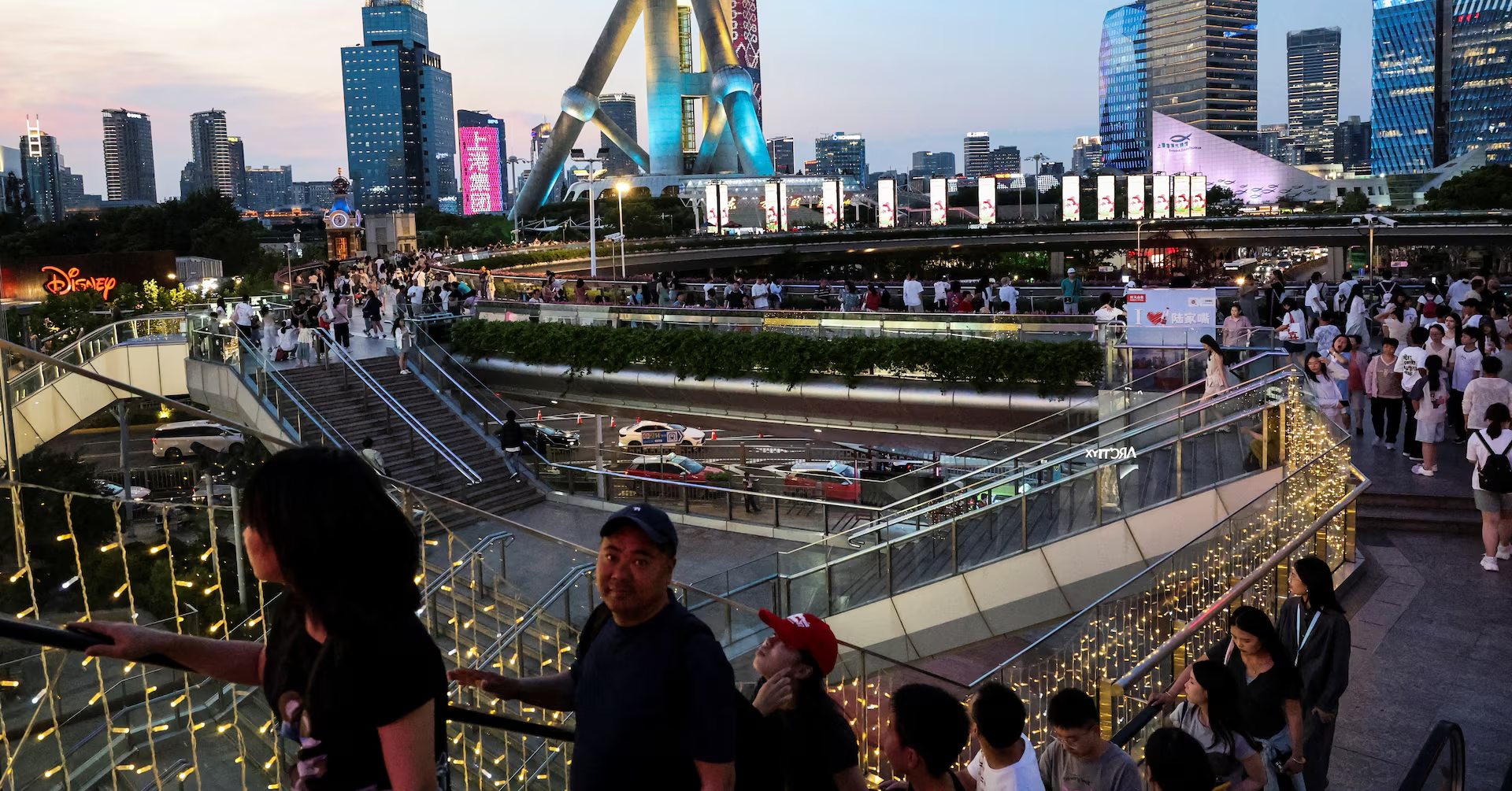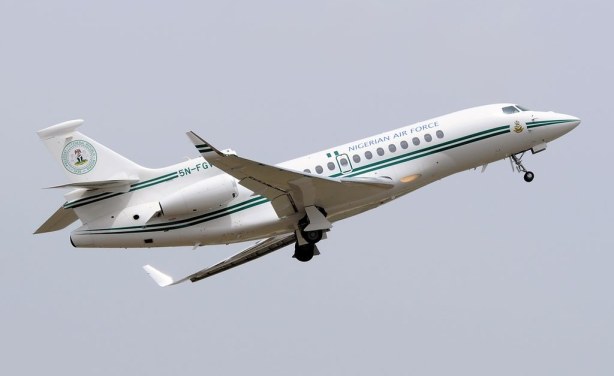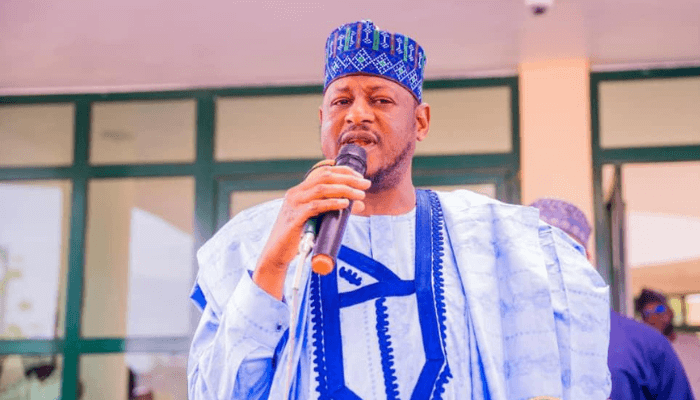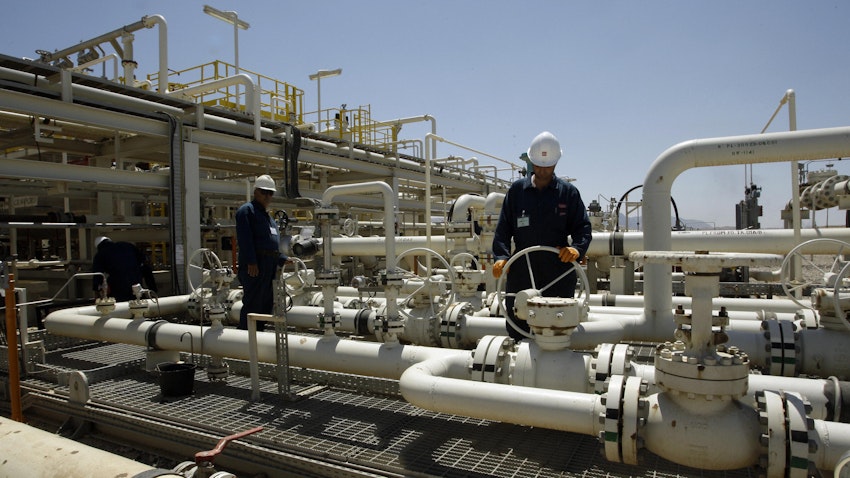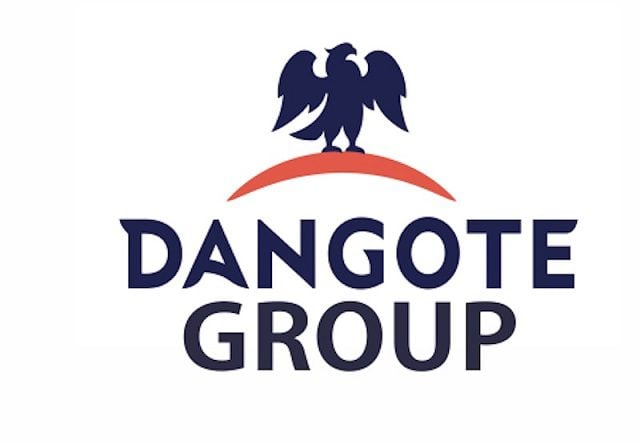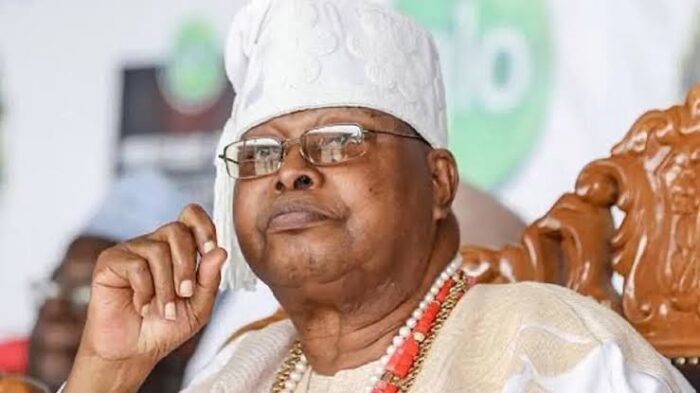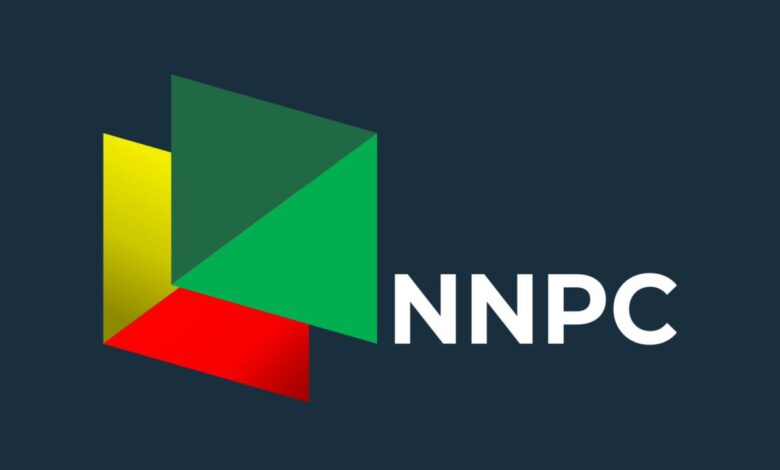By Ayomide otitoju
Retail outlets of the Nigerian National Petroleum Company Limited (NNPCL) raised petrol prices on Wednesday, triggering panic buying and long queues across Lagos and Abuja. The price adjustment, which saw petrol rise to ₦998 per litre in Lagos and ₦1,030 in Abuja, has left motorists scrambling to fill their tanks.
In Lagos, NNPCL stations in areas such as Abule-Egba, U-Turn, and Abbatoir witnessed heavy traffic, with motorists queuing for hours after the price jumped by ₦150 from its previous rate of ₦855 per litre. Many private fuel stations quickly followed suit, with some selling petrol for as high as ₦1,050 in the city.
The Federal Capital Territory (FCT) saw a similar price hike, with NNPCL outlets raising the price from ₦897 to ₦1,030. The increase follows a previous hike on September 2, 2024, when NNPCL raised the price from ₦568 to ₦855 per litre, sparking public outrage.
‘Subsidy Is Gone’ Impact
Since President Bola Tinubu’s declaration in May 2023 that the fuel subsidy was abolished, NNPCL has steadily increased the pump price of petrol, starting from ₦184 per litre in Lagos. The most recent adjustment brings the cost close to ₦1,000 per litre in many parts of the country.
Although NNPCL has not officially commented on the latest price hike, the company hinted at it in mid-September when it began loading its first batch of petrol from the Dangote Refinery. At the time, NNPCL stated that it obtained petrol from Dangote at ₦898 per litre and planned to sell it for ₦950 in Lagos and ₦1,019 in Borno. Dangote Refinery denied selling petrol at that price, but NNPCL stood by its claim, challenging the refinery to disclose its pricing.
The Dangote Refinery, which began operations last December with an initial capacity of 350,000 barrels per day, aims to ramp up production to 650,000 barrels per day by year-end. It has already started supplying diesel, aviation fuel, and now petrol to the Nigerian market.
Nigeria’s Energy Crisis
Nigeria, Africa’s most populous nation, continues to grapple with significant energy challenges. With state-owned refineries non-operational for years, the country depends heavily on imported refined petroleum products. NNPCL remains the largest importer, as fuel scarcity and long queues persist nationwide.
The removal of the fuel subsidy in 2023 has caused petrol prices to more than quadruple, exacerbating the financial strain on citizens who rely on petrol for both transportation and powering their homes amid ongoing electricity shortages.


